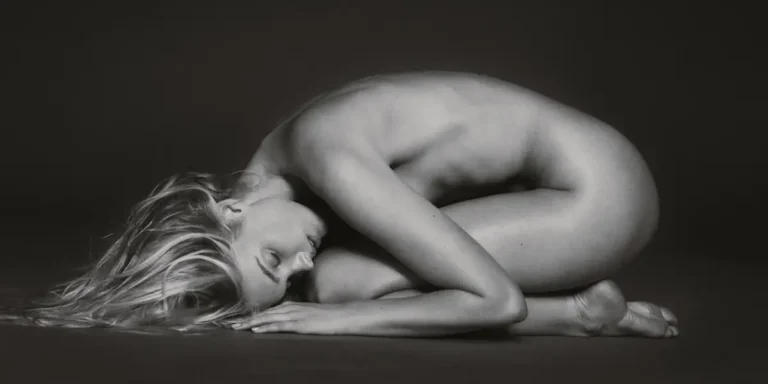Images are among the rudimentary social tools in most gaming communities. Avatars, profile pictures, and cosplay photographs demonstrate how the player prefers to be perceived: as a serious competitor, as a casual, as edgy and a meme-lover, or a person who pays great attention to his character. Clutch play screenshots, amusing glitches, or posted wins become a sort of currency of sociality – a demonstration of proficiency, humor or devotion to the group.
With that, there is incessant stream of in-house jokes and memes. An embarrassingly clumsy selfie, an image of a cosplay, or even a snapshot of a stream may easily become a running gag. Friends label one another, reshuffle pictures, and poke. It is entertaining when all is relaxed but it puts pressure to go along with it even when a joke goes too far. In that environment, the step from harmless editing to something more invasive can happen quietly, especially when new tools promise “just one more funny version” of someone’s face or body.
What AI Nudify Tools Actually Do in a Gaming Context
Within the same image culture, AI tools add a new layer of risk. Basic filters smooth skin, change colors, or add cartoon effects to avatars and selfies. More advanced editors reshape faces and bodies, turning a tired webcam shot into something closer to a polished promo image. On top of this, nudify apps sit at the far end of the spectrum: they take a normal photo and try to generate a fake nude version. When tools like undress are used on a teammate’s photo, a shared joke suddenly depends on synthetic nudity, not just a silly sticker.
What often starts as “just a fun experiment” can change the meaning of an image completely. A simple cosplay picture or stream selfie becomes a sexualized fake that the person never agreed to. Even if the result looks obviously edited to some, others may see it as real. Once posted in a guild chat, Discord server, or meme channel, copies move fast, and the original subject quickly loses control. The line between a meme and a humiliating, intimate fake turns out to be much thinner than many players expect.
When a ‘Joke’ Becomes Digital Harassment
In online squads and guilds, not everyone has the same power. Leaders, popular streamers, or long-time members often set the tone, while newer or quieter players try not to stand out. When an AI-nudified image targets someone lower in that hierarchy, the “joke” becomes hard to refuse. Laughing along may feel safer than speaking up, especially if the group has a history of mocking people who “can’t take banter”. What looks like equal fun from the outside can, in reality, be one person carrying most of the embarrassment.
The emotional impact is not virtual. Being turned into a fake nude without consent can trigger shame, anxiety, and fear about where the image might go next. The person may mute chats, stop streaming with a camera, or leave the community altogether. Even if the edit stays inside a small group, the knowledge that teammates have seen and shared that fake can make future matches tense and uncomfortable. Over time, this chips away at trust and makes the space feel hostile, not social.
Consent, Boundaries, and Platform Rules
A common excuse in these situations is simple: “the photo was public”. In practice, a public profile picture or cosplay post is not a blank check for any edit. The original upload usually implies a narrow context – showing support for a game, sharing a costume, celebrating a tournament – not agreeing to be turned into synthetic nudity in a private chat. Consent is tied to purpose. Changing that purpose from “fun image” to “fake nude” breaks the original agreement, even if no law is mentioned.
Many platforms already treat this as abuse. Game launchers, forums, Discord servers, and social hubs have rules against non-consensual sexual content, harassment, and sharing explicit material of others. AI-nudified images fall under these categories, whether or not they show a “real” body. Reports can lead to deleted content, bans, or loss of partner status. When communities ignore these rules, they quietly push affected players out, while those who misuse images face few consequences until a problem becomes too public to ignore.
Building Healthier Norms Around AI Images in Gaming
Healthier norms start with small habits that every group can adopt. Teams and servers can make it clear that no one edits another player’s photo into sexual content, even as a “joke”. Moderators can react quickly when AI-nudified images appear: remove the content, remind people of the rules, and support the person targeted, rather than asking them to “relax”. Streamers and community leaders can set the tone by refusing this type of humor on their channels and treating reports seriously.





